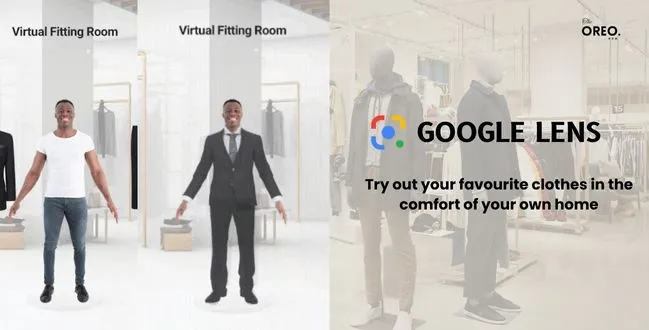AI to Replace Hiring Managers? 43% of Companies to Use AI for Interviews by 2024
AI has reduced numerous job roles in recent years bringing tremendous changes in various fields. Can it also take the roles of Hiring Managers?
A survey conducted by ResumeBuilder.com found that 43% of companies plan to implement AI for conducting job interviews by 2024. Including which, 15% of companies will totally rely on AI throughout the hiring process.
AI interviews have the potential to streamline the hiring process by reducing time and resources required for screening and interviewing. They can handle a large volume of interviews simultaneously, ensuring consistent and objective evaluations.
Additionally, AI interviews can help mitigate bias in the hiring process. By removing human bias from the initial stages, AI can assess candidates based on their qualifications, skills, and responses, rather than factors such as gender, race, or appearance. This can lead to fairer and more inclusive hiring decisions.
Why are companies considering AI interviews into their hiring process?
There can be several reasons behind this decision. It will eliminate biases in the interviews, no one will be able to bribe an AI. Unlike humans, AI can interview numerous candidates at the same time, reducing time and energy with guaranteed efficiency.
One more reason can be that they won’t have to pay hiring managers anymore. Aren’t AI tools going to be a lot cheaper than hiring managers? But will it be able to solve their issues and have sympathy? Now that’s a thing still in question.
Some of the major reasons as to why companies want to consider AI for hiring process are listed below:
- AI interviews can assist in assessing candidates’ skills and experience efficiently.
- However, AI should not replace human judgment in determining cultural fit or performance potential.
- Fairness and unbiased usage of AI algorithms are crucial, requiring diverse training datasets and evaluation for discrimination.
- AI interviews can enhance the efficiency of the hiring process.
- User-friendly and engaging AI interview designs can contribute to a positive candidate experience.
- Providing feedback to candidates on their performance is important.
- The introduction of AI may lead to job displacement, necessitating support and training programs for affected workers.
- Addressing potential racial wealth gaps in accessing AI opportunities is essential.
- Guarding against bias in AI algorithms is crucial to prevent discrimination against specific groups of people.
NIST working group
The impact of AI on the workforce is complex and there are both potential benefits and risks. It is important to be aware of these risks and to take steps to mitigate them.
The US National Institute of Standards and Technology (NIST) has announced the launch of a working group on generative artificial intelligence (AI). The working group will be composed of technical experts from the private and public sectors, and will be tasked with addressing the opportunities and risks of generative AI.
Generative AI is a type of AI that can create new content, such as text, images, and audio. It has the potential to revolutionize many industries, but it also raises a number of risks, such as the potential for deepfakes and other forms of misinformation.
The NIST working group will develop guidance to help mitigate the risks of generative AI, while also promoting its beneficial uses. The group will also explore the potential for generative AI to be used to address national security and economic challenges.
The launch of the NIST working group is a significant step in the development of generative AI. The group’s work will help to ensure that this powerful technology is used safely and responsibly.
Risks of generative AI
- DeepFakes:
DeepFakes are videos or audio recordings that have been manipulated to make it look or sound like someone is saying or doing something they never said or did. Deep Fakes could be used to spread misinformation or to damage someone’s reputation.
- Synthetic data:
Generative AI can be used to create synthetic data, which is data that has been artificially generated. Synthetic data could be used to train AI models, but it could also be used to deceive people.
- Privacy:
Generative AI could be used to collect and analyze personal data in ways that are not currently possible. This could pose a threat to people’s privacy.
- Bias:
Generative AI models can be biased, reflecting the biases that are present in the data they are trained on. This could lead to the creation of content that is discriminatory or offensive.
The NIST working group will need to consider these risks as it develops guidance for the responsible use of generative AI. The group will also need to consider the potential benefits of generative AI, such as its ability to create new forms of art and entertainment, to improve healthcare, and to make scientific research more efficient.
The launch of the NIST working group is a positive step in the development of generative AI. The group’s work will help to ensure that this powerful technology is used safely and responsibly.




One Comment